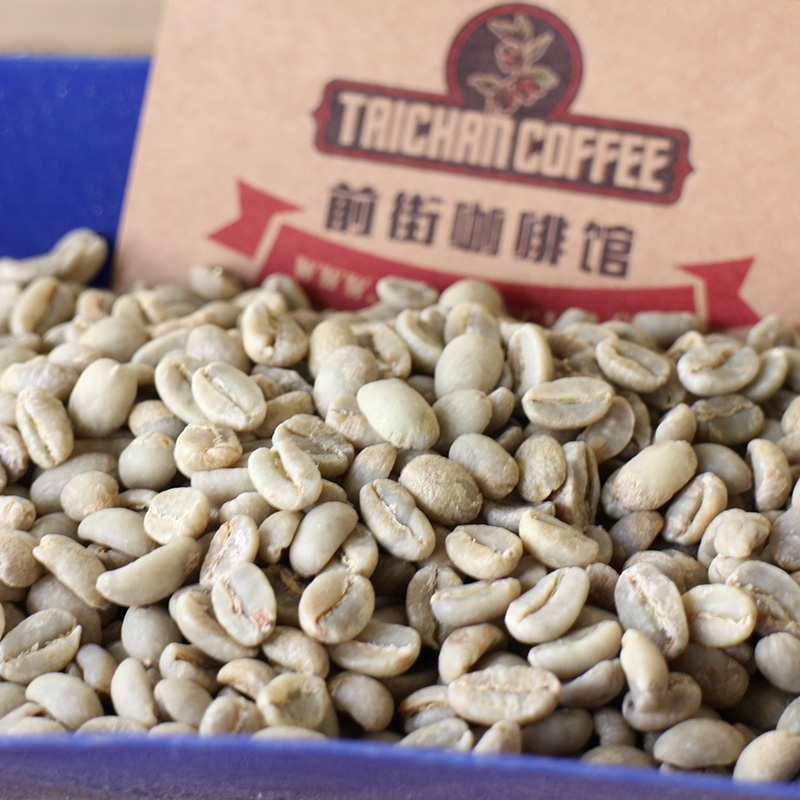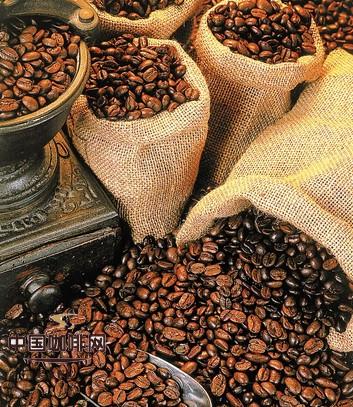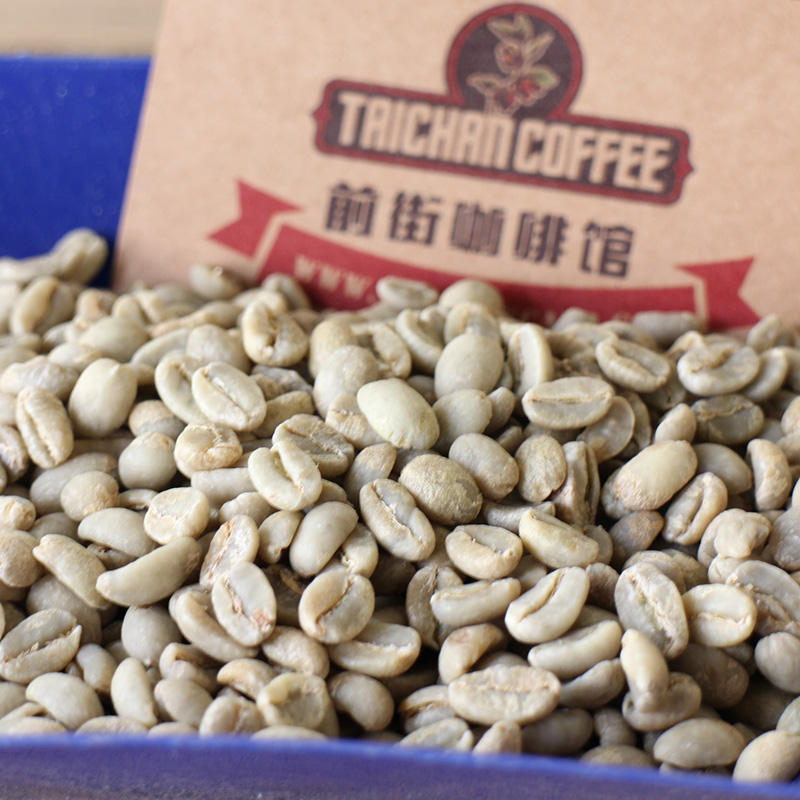Ethiopia Yega Xuefei Coffee Raw Leguminoscier kochere production area Water washing treatment G2 level
Kocher is located 25 kilometers southeast of Ethiopia, a small production area, is a rich coffee production area, but also one of the three famous micro-production areas of Yejia Shefi, local residents about 100,000 people, coffee beans as the main source of income, this production area processing equipment is very advanced. Coffee Review rated Kocher's beans 94 points.
Ethiopia has eight major coffee producing areas: Nekempte(Lekempti)Gimbi Kimbi, Limu Limu, Illubabor Ibedo, Djimma, Harrar Harrar, Teppi/Bebeka, Sidamo Sidamo, Yirgacheffe is located in Sidama administrative region of Ethiopia, and Yirgacheffe is a smaller area within Sidama.
Yerga Sherphine itself is a small town with a population of about 20,000. The three neighboring small producing areas Wenago, Kochere and Gelena Abaya are also classified as Yerga Sherphine because the flavor of coffee produced is almost identical to Yerga Sherphine. Yerga Coffee is culturally and geographically similar to its neighbors, but Yerga Coffee seems to be blessed with exceptional conditions. Top quality Yerga Coffee has floral, bright citrus fruit, lemon notes and silky soft taste.
Kochere Kochere is located in south-west Ethiopia, about 25 miles north of the famous town of Yegachefi, and its production model is based on local smallholder farmers sending batches of output to cooperatives for centralized processing. Chalalacktu village has about 100,000 people who depend on coffee for their livelihood, and related production activities have become their main source of income. Due to the income from coffee production, the local living standard is much better than that of many Ethiopian villages, and there are complete health facilities, higher schools, etc. Advanced processing equipment allows Kochere coffee to perform at a high level in the washed field, with molasses and citrus complex tones clean and sweet.
Country: Ethiopia Fiscal year: 2003
Grade: G2
Production area: Yejia Xuefei
Degree of baking: Light baking
Treatment method: washing
Breed: Native species
Flavor: Jasmine, lemon, bergamot, honey, black tea

Important Notice :
前街咖啡 FrontStreet Coffee has moved to new addredd:
FrontStreet Coffee Address: 315,Donghua East Road,GuangZhou
Tel:020 38364473
- Prev

The tree species of Brazilian coffee include the world coffee production of bourbon bourbon variety Kaddura Brazilian coffee.
The cultivation of Brazilian coffee began more than 280 years ago in 1727. Legend has it that the handsome army officer Pacita was sent to French Gaiana to mediate the territorial dispute between France and the Netherlands. The wife of French Gaiana actually fell in love with him and gave him a bag of bourbon coffee seeds. Right after Parcia returned to Brazil, Para changed his career as a coffee farmer and began to grow coffee.
- Next

Ninety + levelup series NistuRuz Nilu Ruzhu / Rosemary Qingfu water wash to treat raw coffee beans
Ninetyplus is an internationally renowned coffee bean production and sales company, and is famous for providing rare and unique raw coffee beans. JosephBrodsky officially founded Ninetyplus in 2007, and since the next year, we can see traces of Ninetyplus winning awards in large and small coffee competitions around the world. Last year, the 2013 WBC World Barista Competition, 6.
Related
- Detailed explanation of Jadeite planting Land in Panamanian Jadeite Manor introduction to the grading system of Jadeite competitive bidding, Red bid, Green bid and Rose Summer
- Story of Coffee planting in Brenka region of Costa Rica Stonehenge Manor anaerobic heavy honey treatment of flavor mouth
- What's on the barrel of Blue Mountain Coffee beans?
- Can American coffee also pull flowers? How to use hot American style to pull out a good-looking pattern?
- Can you make a cold extract with coffee beans? What is the right proportion for cold-extracted coffee formula?
- Indonesian PWN Gold Mandrine Coffee Origin Features Flavor How to Chong? Mandolin coffee is American.
- A brief introduction to the flavor characteristics of Brazilian yellow bourbon coffee beans
- What is the effect of different water quality on the flavor of cold-extracted coffee? What kind of water is best for brewing coffee?
- Why do you think of Rose Summer whenever you mention Panamanian coffee?
- Introduction to the characteristics of authentic blue mountain coffee bean producing areas? What is the CIB Coffee Authority in Jamaica?

